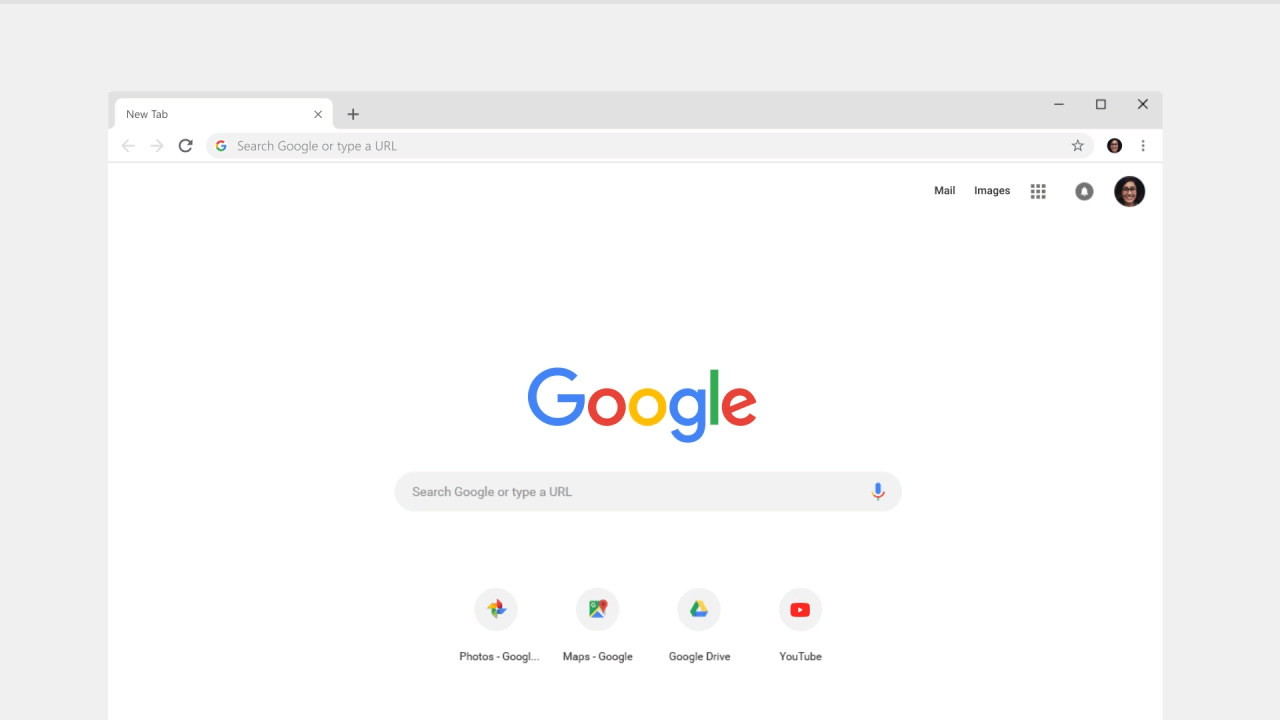It’s been ten years since Google first launched Chrome. At the time, Google’s browser was a revelation. Firefox had gotten slow, Internet Explorer was Internet Explorer and none of the smaller challengers, maybe with the exception of Opera, every got any significant traction. But here was Google, with a fast browser that was built for the modern web.
Now, ten years later, Google is the incumbent and Chrome is getting challenged both from a technical perspective, thanks to a resurgent Firefox, and by a wave of anti-Google sentiment. But Google isn’t letting that get in the way of celebrating Chrome’s anniversary. To mark the day, the company today officially launched its new look for Chrome and previewed what it has in stock for the future of its browser. And it’s not just a new look. Chrome’s Omnibox and other parts of the browser are getting updates, too.

If you’ve followed along, then the new look doesn’t come as a surprise. As usual, Google started testing this update in its various pre-release channels. If you haven’t, though, you will still instantly recognize Chrome as Chrome.
The new Chrome user interface, which is going live on all the platforms the browser supports, follows Google’s Material Design 2 guidelines. That means it’s looking a bit sleeker and modern now, with more rounded corners and subtle animations. You’ll also see new icons and a new color palette.

On the feature side, Chrome now offers an updated password manager that can automatically generate (and save) strong passwords for you, as well as improved autofill for those pesky forms that ask for you shipping addresses and credit card info.
What’s maybe more interesting that, though, is an update to the Omnibox (where you type in your URLs and search queries). The Omnibox can now search the tabs you have currently open and in the near future, it’ll return results from your Google Drive files, too.
Also new are the ability to change the background of your new tab page and create and manage shortcuts on it.
Looking ahead, Google VP of product management Rahul Roy-Chowdhury notes that the team is looking at how to best bring more AI-driven features to Chrome.

“With a smarter Chrome, you will be able to do more than just look at a webpage,” he writes. “Imagine searching on Chrome for a singer you just heard, and having Chrome show you not just their bio, but also their upcoming concert near you and where to purchase tickets. With AI, Chrome will also better understand what you’re trying to get done, and help you do so faster.”
That, of course, is exactly what Microsoft is also trying to do with its Edge browser and its integration with Cortana. I’m not a regular Edge user, but I’ve generally been surprised about the usefulness of that integration, which automatically brings up related information about restaurants, for example. It’ll be interesting to see what Google’s version of this feature will look like.
Roy-Chowdhury also notes that the team is working on building more augmented-reality features into the browser. So far, those features have always sounded better on paper than in practice and mostly felt like a gimmick. Google thinks it’s on to something, though, so we’ll just have to see what that’ll look like when it goes live.
Read Full Article
No comments:
Post a Comment